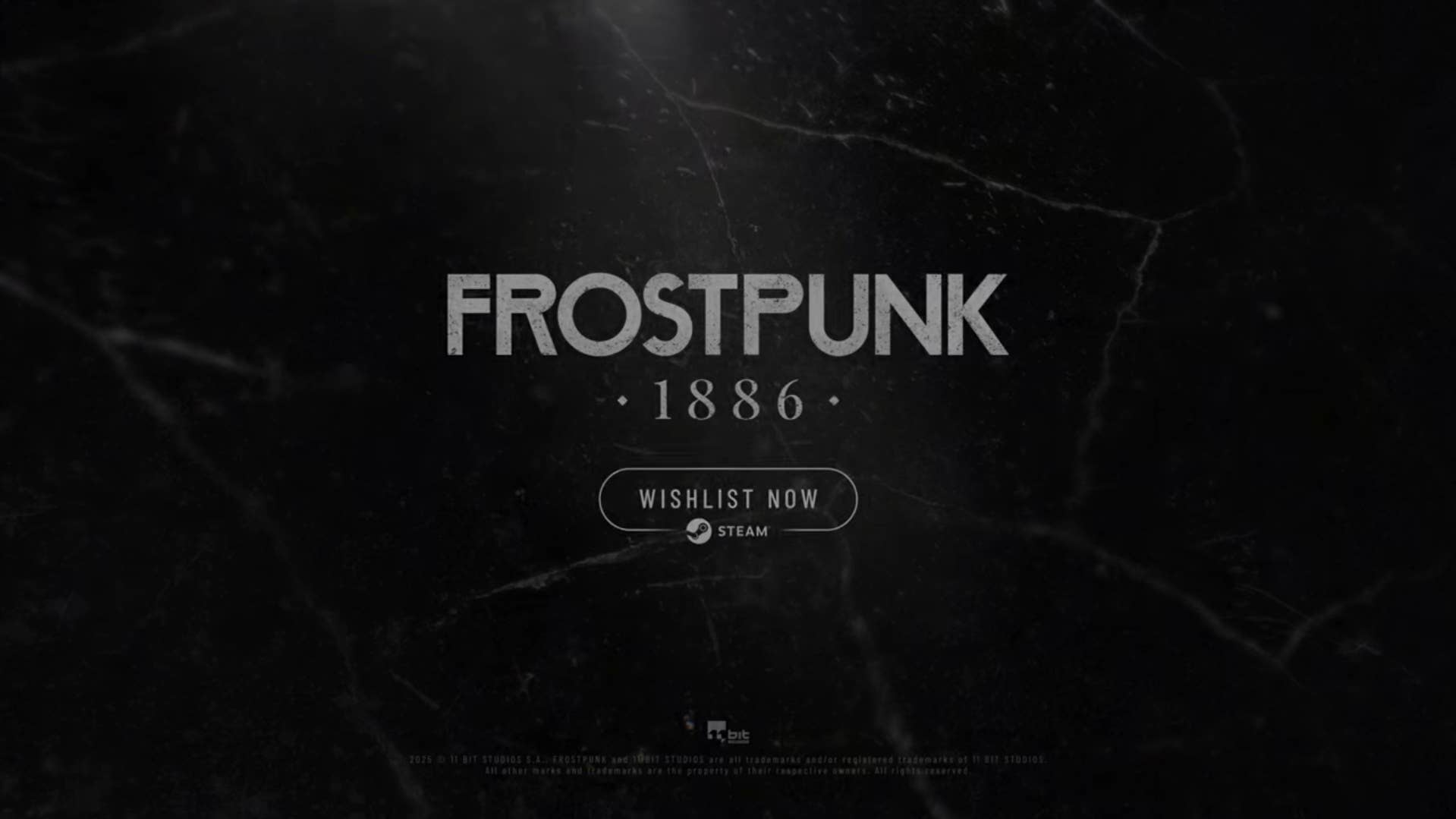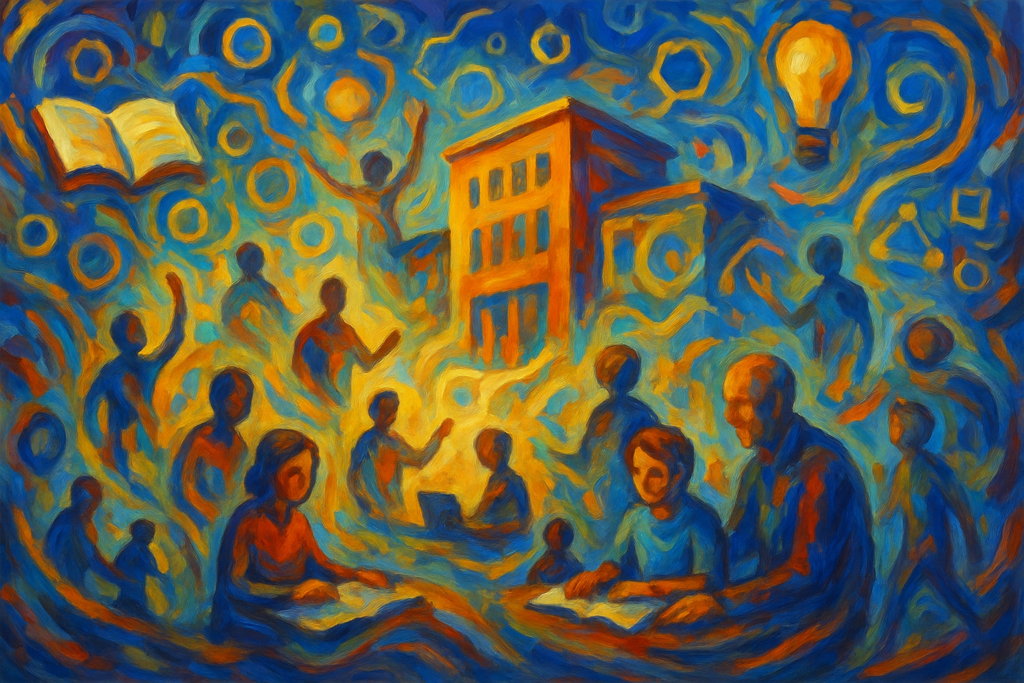What the Holocaust Teaches Us
No one who comes to understand its history can abide the conditions that led to it


Amid the year’s turmoil, the world is recognizing 80 years since the end of the Holocaust. Commemorations began on Jan. 27, when many world leaders joined survivors in Oświęcim, Poland, to mark the liberation of Auschwitz. This month, we observe the liberations of Buchenwald, Bergen-Belsen, and Dachau, as well as Holocaust Remembrance Day (Yom HaShoah) on April 24. Ceremonies will occur in North America’s 175-plus Holocaust centers and museums, and at thousands more memorials, schools, and communities around the world. [time-brightcove not-tgx=”true”]
The fact that we remember is important, but what does the Holocaust teach us? It’s hard to answer this question given how frequently references to the Holocaust appear in our discourse while at the same time detailed knowledge of the subject has seemingly declined. Yet there are some big lessons worthy of review.
First, crimes like the Holocaust require a series of conditions. They often happen in failed states. The inability of Germany’s Weimar Republic to secure liberal democratic values and civil discourse provided fertile ground for Nazism’s rise. The Nazi Party came to power through a democratic process despite (or perhaps because of) a platform that degraded individual dignity, pushed harmful stereotypes, promoted false nostalgia for “better days,” and used communications technologies to propagandize and recruit. Once in government, it turned toward authoritarianism, undermining national institutions, the media, the civil service, the intellectual classes, and the law so the state would mirror its ideology and its goals.
Read More: How We Talk About the Holocaust Now
To be sure, many other countries since 1945 have had ruling parties that share similar characteristics, but which did not bring about a genocide. Therefore, getting to the Holocaust required additional steps, including the apathy of the masses, the complicity of the elite, and the failure of the international community. Holocaust survivor Marian Turski warned us all to be vigilant against indifference for good reason: turning inward at times of strife prevents us from being brave and leads to the exploitation of the vulnerable. In perpetrator countries, most people were passive witnesses, but there was also considerable participation by elites including artists, university professors, Catholic and Protestant clergy, media moguls, business leaders, and even physicians. Just as the elites proved weak, so too did the international order, as shown by the number of countries eager to appease or function as if all is normal. Just consider how the U.K. and France gave Hitler much of Czechoslovakia in 1938, or when the U.S. and dozens of others decided at the Evian Conference to refuse to allow more Jewish refugees into their countries, or when the Soviets agreed with the Nazis to occupy and divide Poland in 1939. These failures only emboldened fascism and its crimes.
Finally, and critically, the Holocaust needed antisemitism, a common hatred older than Western civilization that cut across all segments of society. Thousands of years of hatred of the Jews had already led to the murders of hundreds of thousands, but under authoritarian rule it provided the framework needed for the Nazis to find willing participants and collaborators, and for large swathes of the population to variously ignore or join in violence against Jews.
We all have the possibility to become perpetrators or passive witnesses to such crimes, but we can only know this if we also understand that the Holocaust happened to real people with hopes and dreams, flaws and challenges, and an intrinsic humanity. This lesson is essential, and it is why Holocaust survivors shared their personal histories with the world. By opening our eyes to the crimes of the past, they create a lens for the future; one that binds us, Jews and non-Jews alike, to this subject and to one another. If we ever hope to truly learn from the Holocaust, we must engage with the history as it happened to those who lived it.
This brings us to a final key lesson, one that deserves emphasis: no one who comes to understand this history can abide the conditions that led to the Holocaust, including hatred of Jews. This subject changes us, forcing an awareness of the signs and forms of hate and other risks to peace. To make use of this knowledge, we must reject cynicism and apathy. If we do not, to echo the Holocaust survivor and intellectual Emil Fackenheim, we risk giving the Nazis posthumous victories. To prevent this, we must understand this history, know how it is relevant to our future, and remember the victims and survivors of the Holocaust in ways that will lead to the world they deserved and not the one they experienced.











![[DEALS] Sterling Stock Picker: Lifetime Subscription (85% off) & Other Deals Up To 98% Off – Offers End Soon!](https://www.javacodegeeks.com/wp-content/uploads/2012/12/jcg-logo.jpg)






























































